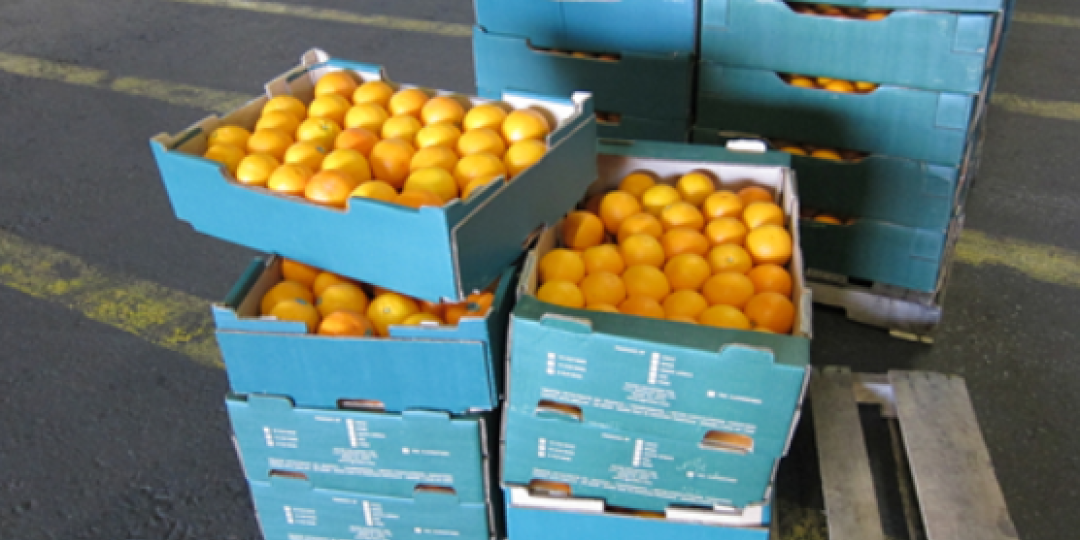A Bureau for Food and Agricultural Policy (BFAP) study has found that the combined direct and indirect cost of inefficient logistics to the citrus industry was a staggering R5.27 billion in the 2024 season.
According to the Citrus Growers Association of Southern Africa, this represents a “debilitating” loss of foreign revenue to the country and a setback to creating desperately needed jobs in the sector.
"The huge cost makes it clear that large-scale public-private partnerships at ports across South Africa are urgently needed. While the findings of the impact assessment are deeply concerning, the CGA views this as an opportunity to collaborate with stakeholders and implement effective solutions," said Boitshoko Ntshabele, incoming CEO of the CGA.
BFAP quantified the price of logistical inefficiencies for the 2024 citrus season as follows:
- The direct expenditure increase was estimated at R1.56 billion.
- The indirect cost – the revenue not earned as produce is sold at a lesser price – amounts, conservatively, to R2.6 billion.
- Waste is estimated at R1.1 billion.
As citrus is a perishable product with a limited shelf life, it is especially vulnerable to the impact of delays.
The study quantifies the effects of slow port throughput, deteriorating road and rail infrastructure, unreliable schedules, inefficient surcharges imposed by shipping lines and missed market opportunities.
The losses and added costs jeopardise the long-term viability of the citrus industry. They also impact emerging growers and new entrants the hardest.
"Finally, quantifying the damage is an important step. In a certain sense South Africa has gotten used to the destruction of value that has been happening on a greater or lesser scale over the last few years,” said Gerrit van der Merwe, CGA Chairperson and a grower in Citrusdal.
“It's incredibly frustrating for the growers and their rural communities, who feel the impact directly.”
Citrus is South Africa’s biggest agricultural export industry. The industry maintains close to 140 000 jobs on farm level. Because of projected harvest increases over the next few years, the industry has the potential to create tens of thousands of jobs.
"If all role-players work together, we can reach an export level of 260 million 15kg-cartons of citrus by 2032, creating 100 000 jobs in the process. Last year we exported 165 million cartons,” said Ntshabele.
“More fruit will be coming off our trees, but physically moving them to all the many markets that have a taste for our high-quality citrus is a problem. If not addressed soon, our ports, already beset with these delays, will not be able to handle the increased volumes at all.”
The association applauded President Cyril Ramaphosa's pledge in his State of the Nation Address that government was "revitalising” port terminals and rail corridors through the Freight Logistics Roadmap and “leveraging private capital to restore them to world-class standards".
“The CGA is cognisant of the progress made on logistics in the past year but, as the BFAP study proves, the pace of reform is not nearly what it should be,” the association said.
“As finance minister Enoch Godongwana sets budget priorities this week, it should be acknowledged that an efficient export industry can generate billions in additional tax revenue and contribute to true inclusive growth for all South Africans.
“Public-private partnerships are the only long-term way to ensure logistical efficiency. The citrus industry is hopeful that Treasury and minister Godongwana will facilitate urgent and true reforms,” the association said.
Find the full BFAP report here.













